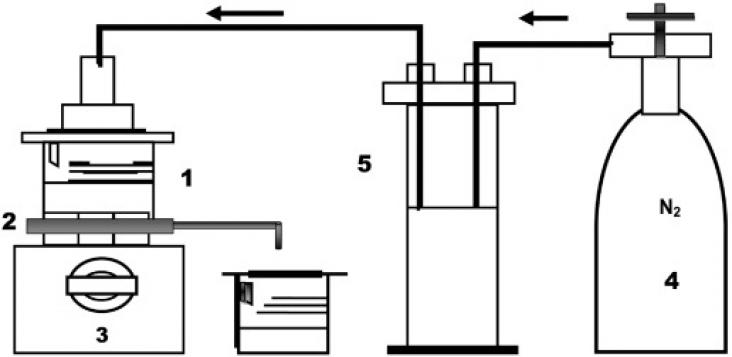Despite global policy commitments to preserve Earth's marine biodiversity, many species are in a state of decline.
The Sustainable Development Goals (SDGs) were designed to address interactions between the economy, society, and the biosphere.
With the increasing importance of ‘emerging powers’ in the global economy, questions are raised about the role of developing countries in shaping global norms.

In this study, we use a new type of satellite data looking at vegetation water and photosynthesis to compare the success of different reforestation methods, using China's Three-North Shelterbelt Program as a case study.

A cationic chelating polymer, namely biopolymer chitosan CHI with a molecular weight of 117 kDa is employed in the present study to bring about the retention of azoic dyes from its aqueous solutions b
Does humanity's future lie in the ocean? As demand for resources continues to grow and land-based sources decline, expectations for the ocean as an engine of human development are increasing.
The unprecedented global heatwave of 2014–2017 was a defining event for many ecosystems.
Evidence-Based Guidelines for Prioritizing Investments to Meet International Conservation Objectives
Biodiversity is in rapid decline, largely driven by habitat loss and degradation. Protected area establishment and management are widely used to maintain habitats and species in perpetuity.
Is ecology, as a science, doing enough to address big environmental problems? Here, a review of the top 40 ecology journals suggests not.

Is ecology, as a science, doing enough to address big environmental problems? Here, a review of the top 40 ecology journals suggests not.
